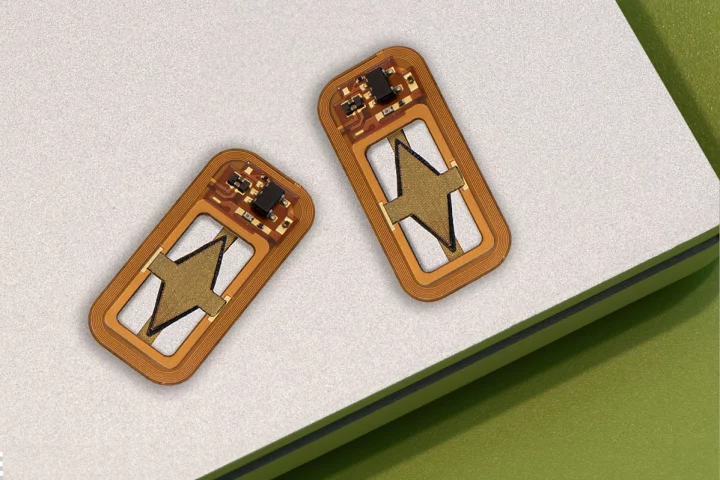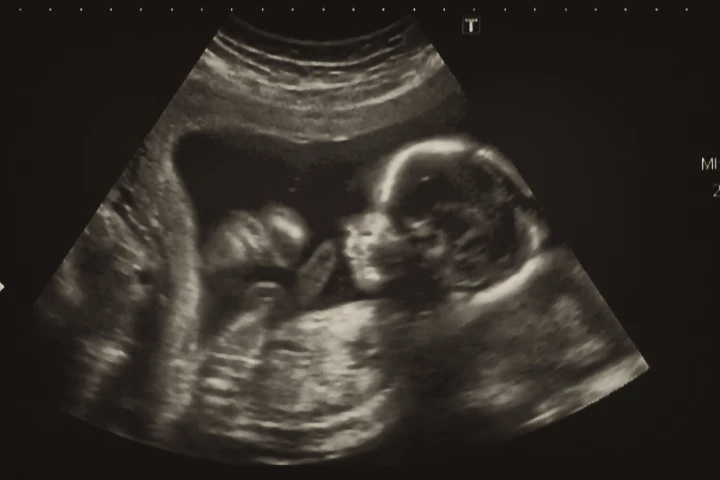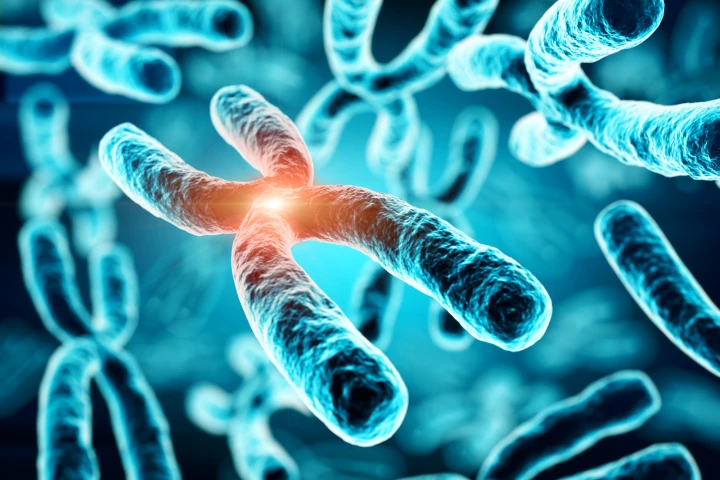Boston Children's Hospital
-
Daily insulin injections are painful and inconvenient, which is why scientists are developing implants that treat diabetes without any need for needles. A new one looks particularly promising, as it produces oxygen to feed onboard islet cells.
-
Surgeons have successfully performed a first-of-its-kind procedure in utero to treat a potentially fatal genetic defect in the brain. Usually treated after birth, the new procedure could give newborns a better chance of a normal life.
-
The first real-world data on COVID-19 vaccine effectiveness against Omicron in children aged 5 to 11 has revealed vaccination reduces a child’s risk of severe illness and hospitalization by two-thirds compared to unvaccinated children.
-
Scientists have now identified a cellular pathway that can contribute to the death of insulin-producing cells. They found that blocking it in mice and human cells keeps the beta cells alive for longer, delaying or preventing the onset of diabetes.
-
Although it's important to know if someone has experienced a concussion, the injuries are notoriously difficult to diagnose. According to a new study, however, urine tests may do the trick – plus they could be used to monitor the healing process.
-
Scientists have successfully used gene therapy to reverse genetic hearing loss in mice. The team corrected a gene mutation that affects sensory hair cells in the ear, and the new jigsaw-like method could help improve gene therapy for other disorders.
-
Scientists investigating a root cause of leukemia have made a key discovery around how genetic mutations can cause blood stem cells to go rogue, forming dangerous populations of cloned cells that can go on to become cancerous.
-
A new study is reporting half of US children under the age of six have detectable levels of lead in their blood. The study tracked data from over a million children and is the first of this scale to analyze small traces of lead in blood samples.
-
Central to the aging process are tiny caps on the ends of our chromosomes called telomeres that deteriorate over time. A Harvard team has now made an exciting breakthrough, discovering a set of small molecules that preserve their length in mice.
-
Researchers at Boston Children's Hospital have been working towards a one-size-fits all prosthetic heart valve, and have come up with a design they say works at a variety of diameters, and avoids the need for invasive surgeries as kids grow.
-
For some time now, we've seen surgical devices that can be remotely guided within the body. And while they do make surgery more precise, they still have to be continuously operated by a surgeon. Recently, however, a robotic catheter successfully navigated beating pig hearts on its own.
-
A spinal cord injury doesn’t need to be complete to cause paralysis – even with some nerves left intact, messages from the brain still don’t get through. While investigating why, researchers determined that a certain drug helps balance the Yin and Yang of the nervous system to restore limb movement.
Load More











